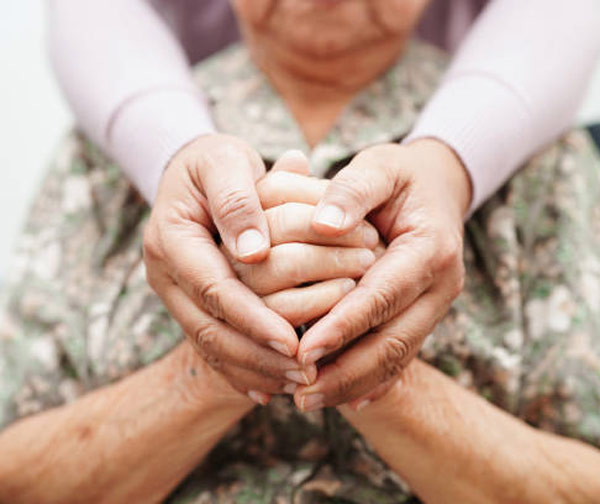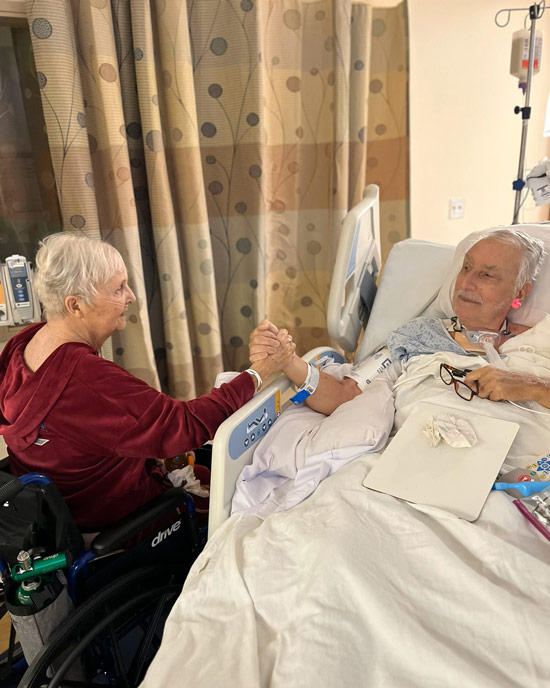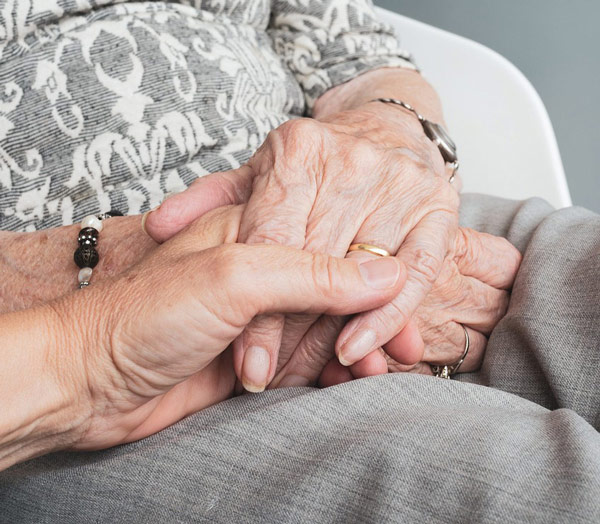

Palliative care is a type of specialized medical care that focuses on providing relief from the symptoms, pain, and stress of a serious illness. It is a patient-centered approach that aims to improve the quality of life for individuals with serious illnesses, such as cancer, heart disease, and neurological disorders.
A palliative care caregiver is trained to assist individuals who are dealing with serious health conditions such as cancer, heart disease, dementia, COPD, or chronic illness.
Our caregivers’ responsibilities extend beyond basic physical care—we also provide comprehensive emotional, psychological, and spiritual support, offering relief from the distress and anxiety that often accompany serious illnesses.
Our palliative caregivers combine clinical expertise with deep empathy, providing skilled medical support while offering the emotional understanding patients and families need during challenging times.
The palliative care team works collaboratively to assess the individual’s physical, emotional, and social needs, developing a personalized care plan to address those needs. This coordinated approach ensures that all aspects of the patient’s well-being are considered, providing a comprehensive support system during a challenging time.

Your local team of Client Care Experts are on call 24/7 to answer your questions and work with you to design a customized plan of care that is right for you.

Our palliative caregivers provide specialized support for patients with serious illnesses. Through personalized attention and expert training, our team helps manage symptoms while ensuring patients maintain dignity and quality of life.
Palliative care focuses on improving quality of life for people with serious illnesses through pain management, symptom control, and emotional support. It can be provided at any stage of illness, alongside curative treatments.
While both palliative care and hospice care focus on comfort and quality of life, palliative care can begin at any stage of a serious illness and may be provided alongside curative treatments. Hospice care, on the other hand, is generally reserved for patients in the final stages of life who are no longer receiving curative treatment.
Consider palliative care as soon as you or a loved one is diagnosed with a serious illness like cancer, heart disease, or dementia. Early intervention often leads to better outcomes and quality of life.
Our caregivers provide medication management, pain relief, personal care assistance, emotional support, family respite, and coordination with medical teams. They help with daily activities while monitoring symptoms.
Yes. We work closely with families, providing education and support while respecting their involvement in care decisions. Our role is to supplement, not replace, family support.
Our caregivers act as liaisons between patients, families, and healthcare providers, ensuring clear communication and coordinated care plans across all medical services.